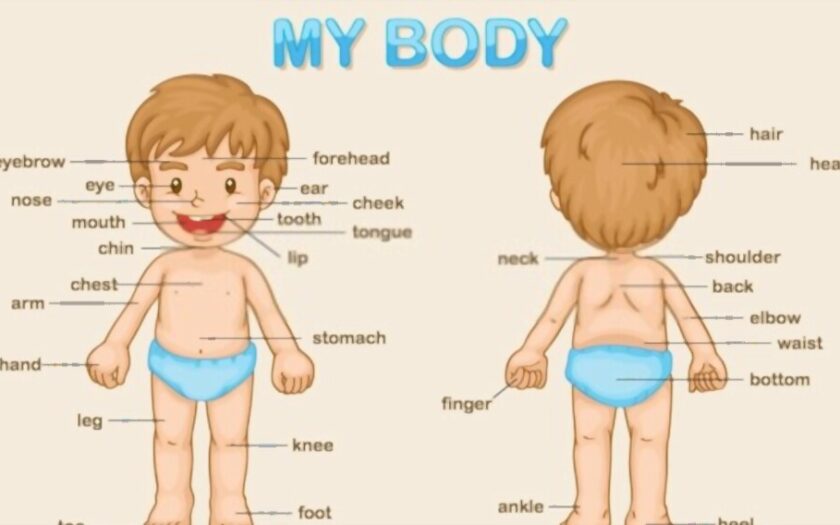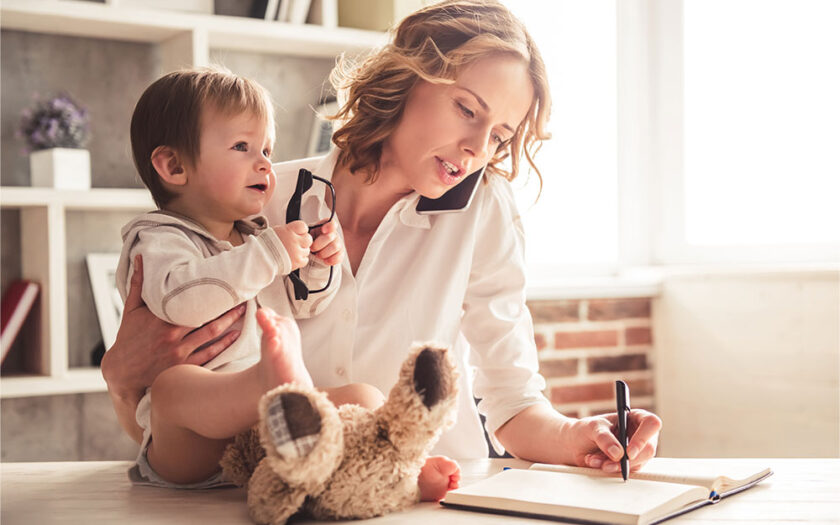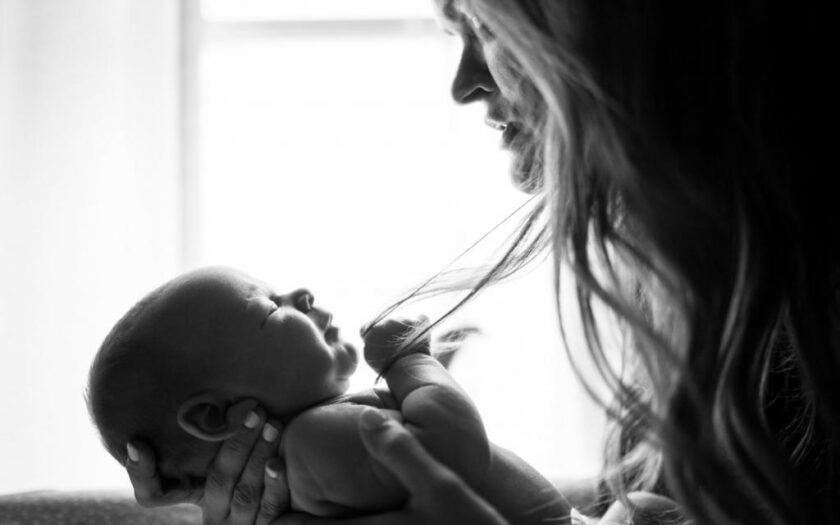Teaching Kids About Their Bodies and Privacy
Understanding and discussing body parts and privacy is important for a child’s development and safety. Here’s how you can approach these topics in an age-appropriate way:
When Do Kids Start to Get Curious About Their Bodies?
- Early Curiosity: From infancy, children show curiosity about their bodies. Babies and toddlers might touch their own genitals when they are naked, which is normal behavior.
- Handling Curiosity: It’s best to address this behavior calmly. You can redirect their attention without scolding. Teaching them that it’s a private matter and not for public display helps them understand boundaries.
Using Correct Names for Body Parts
- Avoid Nicknames:Use the proper names for body parts like penis and vagina. This helps children use these terms confidently and without embarrassment, fostering an open and straightforward approach to body awareness.
What if You Catch Kids “Playing Doctor”?
- Normal Behavior:Children between 3 and 6 years old might engage in “playing doctor.” This is a normal part of their curiosity.
- Appropriate Response: If you catch them, avoid heavy-handed scolding. Instead, gently redirect them to another activity. Later, have a calm discussion about privacy and boundaries. Emphasize that bodies are private and that people should keep their bodies covered in public.
- Teach Safe and Unsafe Touch: Explain the concepts of good (safe) and bad (unsafe) touch. Make it clear that their body is their own, and no one should touch their private areas. Let them know they should always tell you if someone makes them feel uncomfortable.
Additional Tips
- Privacy and Boundaries: Reinforce that it’s okay to say no to unwanted touch and to speak up if something feels wrong.
- Professional Guidance:For more detailed information, consider referring to resources such as:
- RAINN (Rape, Abuse & Incest National Network)**
- ChildMind.
Teaching children about their bodies and privacy helps them feel confident and understand boundaries, providing a foundation for their safety and self-respect.



